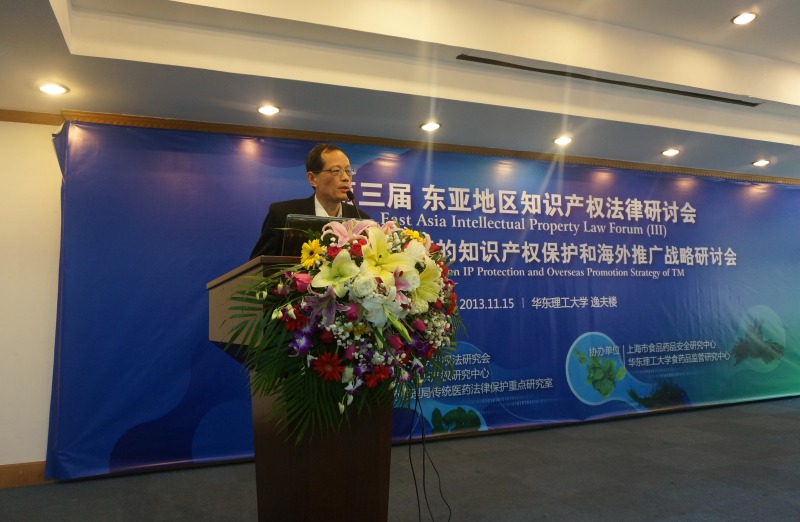Scientists have discovered a new anti-aging target gene
Chinese scientists have revealed the aging principle from the level of nervous system and genes, and discovered BAZ2B, a new anti-aging target gene, which provides a new theoretical basis for delaying brain aging.
Scientists have identified hundreds of genes that can prolong life, but CAI’s team has found in previous studies that the longevity genes do not necessarily delay the deterioration of animal behavior during aging, and that enhancing neurotransmitters can improve behavior in older animals.
Based on this, CAI qing team and lubin jiang team cooperation, combined with c. elegans, two kinds of animal models in mice and human brain gene expression databases, search for anti-aging target genes, and finally found the BAZ - 2 and SET - 6 two epigenetic regulation factor in aging regulation network of key nodes, and the main expression in the nervous system.
The homologous genes of BAZ-2 and SET-6 were BAZ2B and EHMT1, respectively. The researchers found that the expression levels of BAZ2B and EHMT1 in the human brain gradually increased with aging and were positively correlated with the progression of alzheimer's disease. In addition, decreasing the function of BAZ2B can improve the cognitive function of old mice.
As the energy factory of cells, the decline of mitochondrial function is an important cause of the degradation of tissue function. It was further found that reducing the functions of baz-2 /BAZ2B and set-6 /EHMT1 could improve the mitochondrial function of nematodes or mice brains, thus enabling the elderly nematodes/mice to maintain higher behavioral ability. Moreover, the expression levels of BAZ2B and EHMT1 in the brain of alzheimer's disease patients were significantly negatively correlated with the expression levels of key proteins in mitochondria, suggesting that BAZ2B and EHMT1 can also regulate mitochondrial function in the human brain.
Source: http://www.xinhuanet.com
Time: 2020.02.28
next:The shandong team sequenced the virus genome


